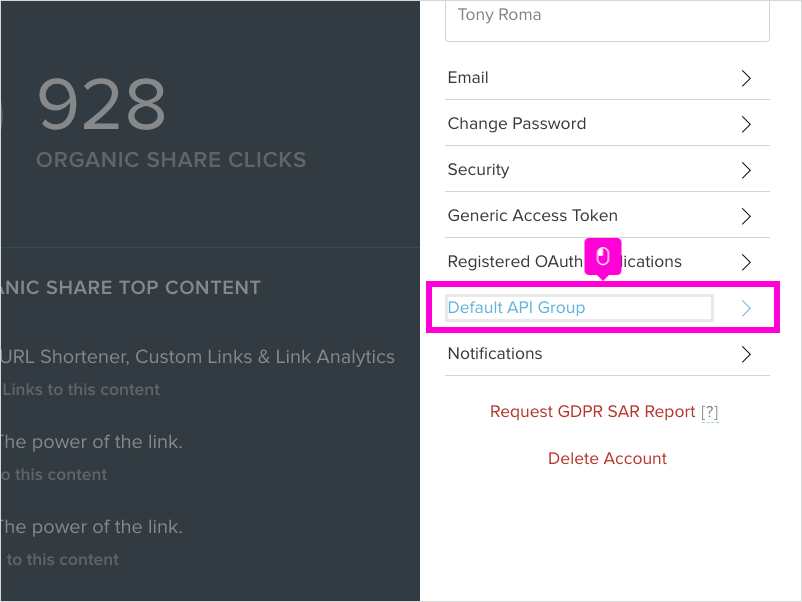


The results of the survey were mixed: looking on the bright side, over half our respondents were aware of the statement of principles. Having the University’s statement of principles gave us firm ground to stand on when saying we couldn’t provide this. The motivation behind the request was innocent enough, but the multi-faceted complexity of research quality means that any attempt at such a score system would be dangerously inadequate.
#Bitly wordpresscom integrations professional#
My second example will probably be familiar to many Bibliomagician readers: a senior manager asking a professional services colleague if they could provide a simple traffic light rating of researchers to help them identify research stars. I was able to point to our statement of principles to reassure them that, within the University at least, assessment of their work would always be centred on expert judgement, with metrics playing a supporting role only if appropriate, and in only context. Their initial reaction was delight at the data and analysis tools available to them, but then their face fell: ‘is this how my work will be assessed in the future?’ they asked. I met with an early career researcher to advise them on using publication and citation indicators to evidence the strengths of their research track record for a grant application. Nevertheless, I’d say that having the statement has made a positive difference: it makes our commitment to good practice explicit, helping to cultivate a healthy institutional culture. We didn’t have any major concerns about how the University was using metrics in research assessment, so we weren’t setting out to dramatically change behaviour. Our intention was to ‘encapsulate current good practice and act as a guide for future activities’. We published the University of Bath’s Principles of research assessment and management in March 2017. What difference does having a responsible metrics statement make? And how do you tell if a statement is doing what you need it to do? Katie Evans reflects on how their principles of research assessment and management are being applied at the University of Bath – one year on.


 0 kommentar(er)
0 kommentar(er)
